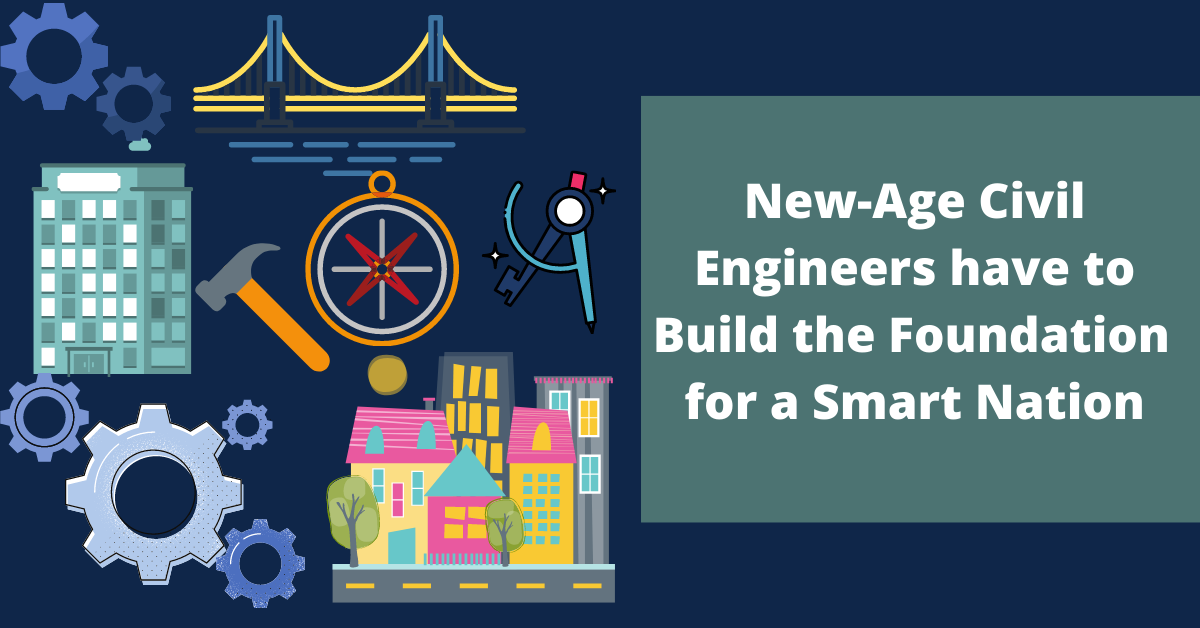The foundation of modern education system was laid down by the British missionaries and visionary social reformists of India. In fact Western education model emerged and evolved in India through Kolkata. Far-sighted leaders like Ram Mohan Roy, Ishwar Chandra Vidyasagar, Shashi Bhusan Chatterjee, David Hare and William Carey played a pioneering role in the setting up of modern schools and colleges in the state of West Bengal. Multi-disciplinary institutions offering a wide range of disciplines were set up to develop the youth of modern India.
In 1856, West Bengal saw the establishment of modern technical and engineering college, known as Bengal Engineering College followed by set up of first Indian Institute of Technology (IIT) at Kharagpur and regional technical college, National Institute of Technology at Durgapur to bridge the gap of three decades in the field of engineering education.
Emergence of Private Engineering Education in West Bengal
Since the establishment of these landmark technical institutions, engineering education system in West Bengal has been a time tested paradigm that has catered to the ever changing and dynamic shifts of industries and academia. However, only Govt. funded institutions were not sufficient meet the great demand for engineering education. As a result, numerous colleges established by private trusts and societies emerged to bridge this gap in technical education. In fact, in 2006 the Dream Institute of Technology was instituted by Sarkar Trust, encouraged by the government decision to boost private initiative in the field of higher technical education in West Bengal.
Industry-oriented Engineering Education
The engineering and technical institutions in West Bengal realized the importance of training employable engineers who can deliver as per the demands of the industries at present. Rote learning and exam-based evaluation system is now blended with skill-based teaching-learning methodology wherein students are given the platform to apply what they learn in classroom through industry-oriented projects. Internships are an integral part of the curriculum to help students become industry-ready professionals who can perform in this dynamic industry.
Students with Engineering Aptitude Get More Mileage
There was a time when opportunity for engineering education was restricted to students with top academic credentials. With the advancement of time and change in industry outlook, the engineering colleges of West Bengal realized that students with technological aptitude with skill-oriented training are performing more successfully in the industry. This was the turning point in the history of engineering education when students with innovative mindset and passion for the subject got the opportunity to pursue engineering professions along with those who are academically meritorious. In Dream Institute of Technology, budding engineers are encouraged to practice innovation through experiential projects over and above their regular academic pursuits.
Affordable and Quality Engineering Education
Although there has been an upsurge in private and self-financing engineering colleges in West Bengal, institutions don’t function only with profit motive. Providing quality education at an affordable cost continues to be the focus of contemporary engineering institutions in West Bengal. NAAC Accredited institutions like Dream Institute of Technology are in the continuous process of updating their engineering course programmes through interactive workshops by involving different subject matter experts from the respective technical domains. Resource sharing and undertaking research projects for students and as well as faculty are also simultaneously encouraged in the engineering institutions of West Bengal in their pursuit of achieving academic excellence.
Study Destination with Rich Education Heritage
West Bengal has been home to legendary academicians, philosophers, reformers, artists, scientists, technologists and educators. The state is driven by the intrinsic value of education that is built on the foundation of dedication, research, passion, innovation and inspiration. Future engineers passing from the institutions are not only expected to deliver with skill and efficiency but also with value-driven attitude that is nurtured in a robust learning environment to enhance academic excellence and professional fulfilment.









